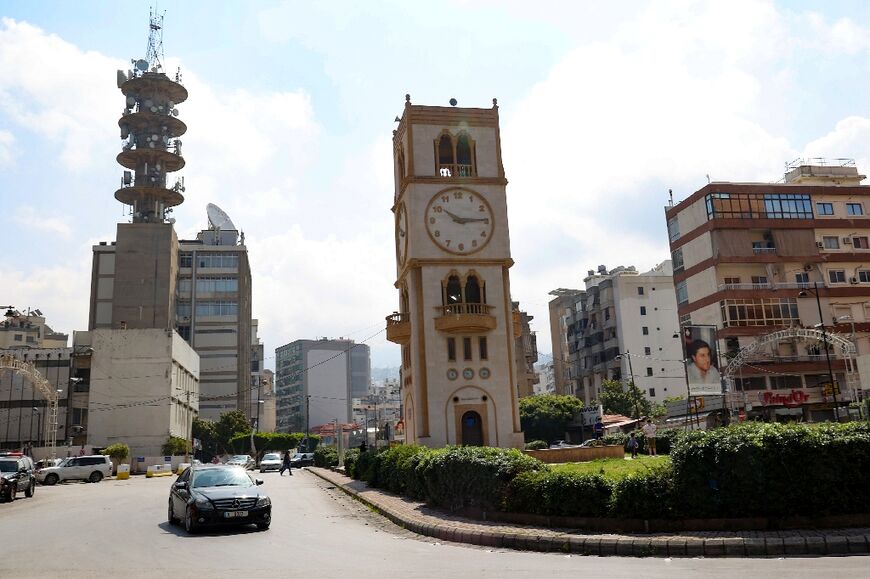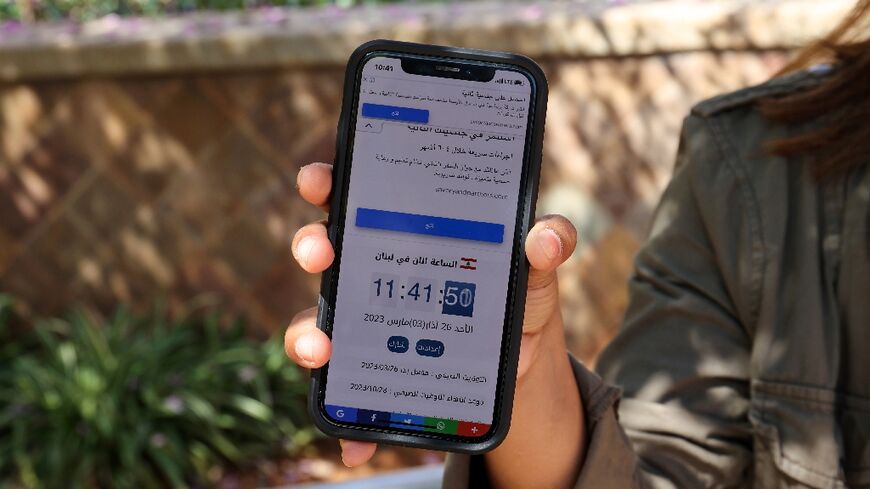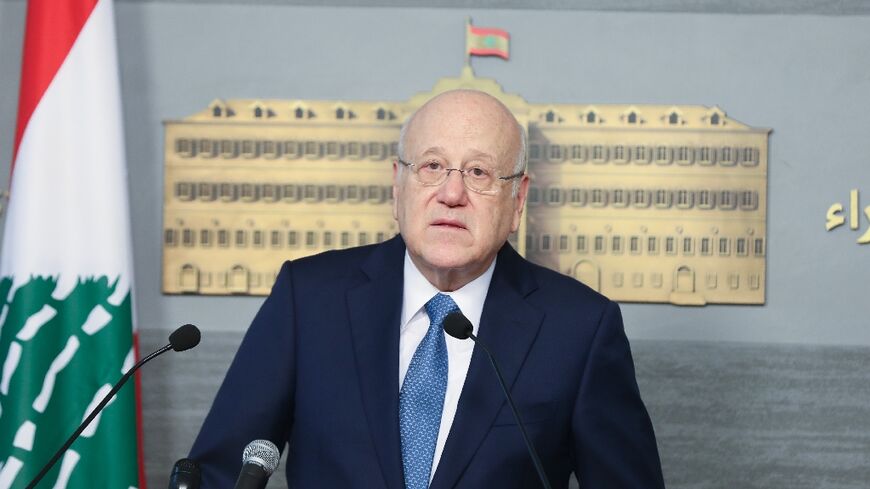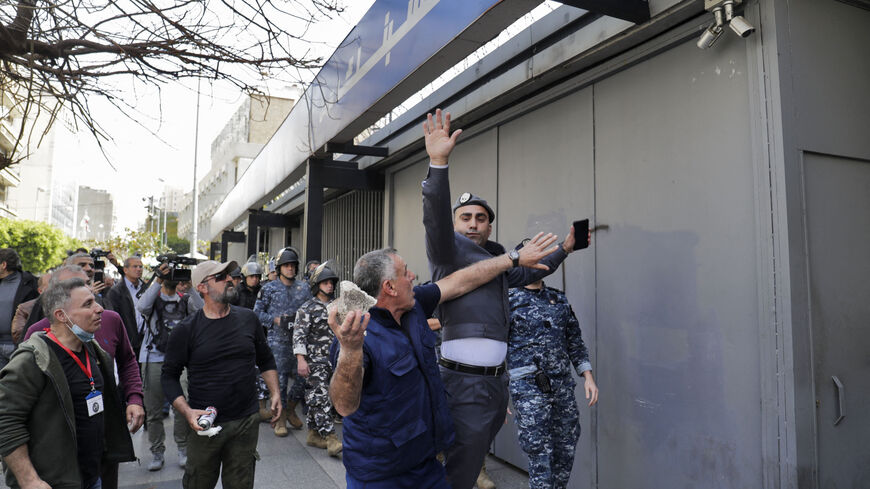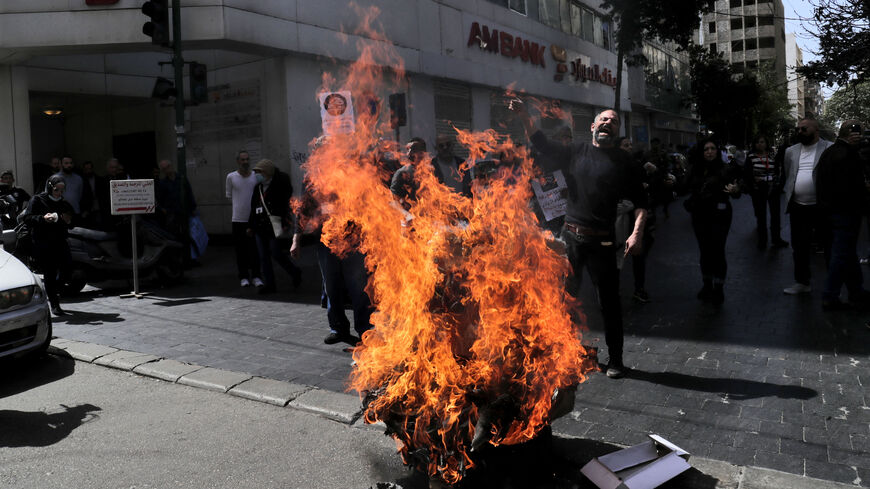Lebanon: In times of crisis, Lebanese squabble over clock change
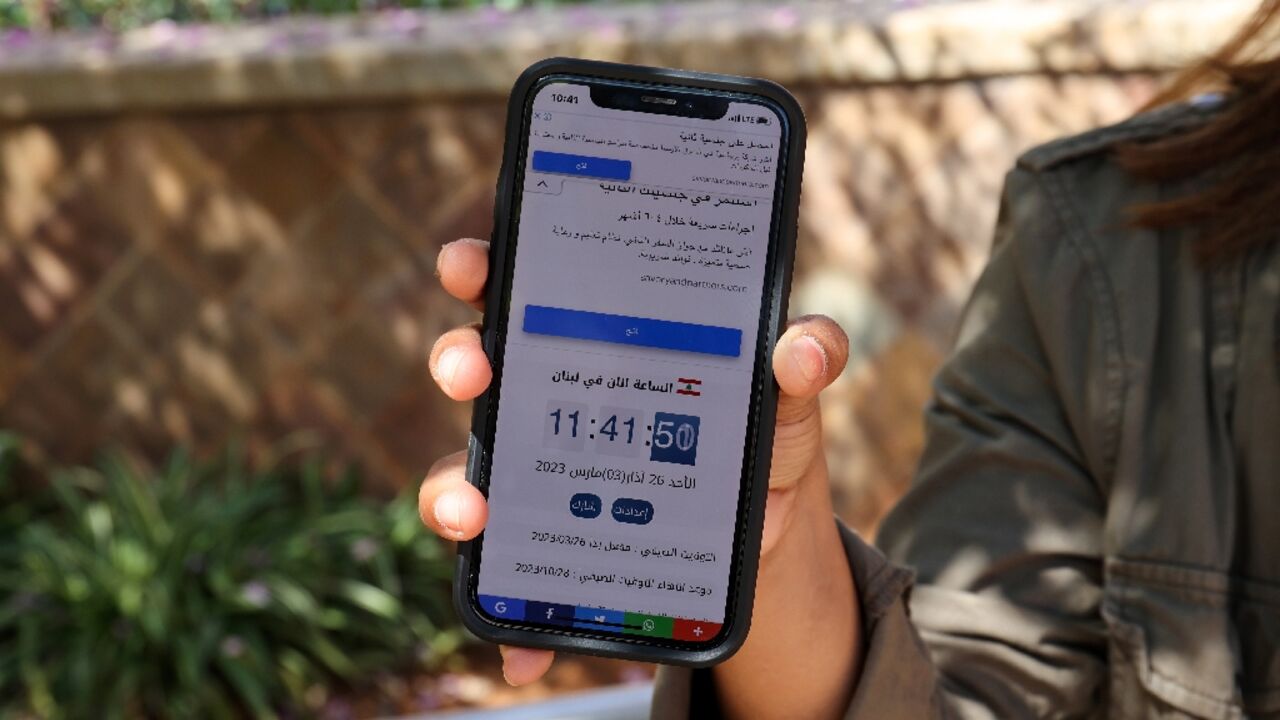
A last-minute decision in Lebanon to delay daylight savings by a month has been met with opposition from the influential church, leaving the small country divided between two time zones.
Wracked by a crippling economic meltdown and political deadlock, a seemingly odd question was added on Sunday to the growing list of Lebanon's woes: "What time is it?"
The caretaker government announced on Thursday its decision to delay rolling clocks forward until April 20, instead of the last week of March as is usually the case in Lebanon and much of the northern hemisphere.
But institutions including the Maronite Church, schools and media outlets insisted on turning their clocks forward at midnight (2200 GMT on Saturday).
"Had the government taken the decision a month ago, and not 48 hours in advance, then there wouldn't have been a problem," said Pierre Daher, CEO of Lebanese broadcaster LBCI.
The channel had said in a statement it would defy the government's decision as the delay would affect its operations.
Three other Lebanese networks also moved clocks forward.
But Daher said his concerns went beyond programming.
"The worst thing is that the decision on when to begin summer time took a sectarian turn," he told AFP.
While the government has not explained the move, a video shared widely on social media may provide an explanation.
It shows a debate between caretaker prime minister Najib Mikati and parliament speaker Nabih Berri, who asks the premier to wait with the clock change until the end of the holy month Ramadan, in what appeared to be an attempt to cater to Muslims who fast daily until sunset.
- 'Confusion and divisions' -
Lebanon's powerful Maronite Church said it would not abide by the government decision which had been taken "without consultations and without any regard for international standards".
"A decision like this should have been announced a year earlier to avoid harming people's lives," church spokesman Walid Ghayad told AFP. "It cannot be made over a cup of coffee."
The church's move was to prevent "further isolating Lebanon", he said.
Two prominent Christian political parties have called on the government to reverse its decision.
And Gebran Bassil, leader of one of them, the Free Patriotic Movement, tweeted: "Do not change your clocks, they will move forward automatically."
On many phones and other electronic devices, they did.
Lebanon's two major telecommunications companies advised customers over the weekend to manually set clocks on mobile phones to avoid the automatic change.
Justice Minister Henri Khoury has backed calls for Mikati to go back on the decision, which would have "catastrophic" consequences for an economy in free fall since 2019.
"The decision has created confusion and caused divisions and disturbances among religious authorities, private media and education institutions," Khoury said in a statement.
Many schools, mostly Christian, went into daylight savings time, but some other institutions have complied with the government.
Flag carrier Middle East Airlines, while implementing the government-ordered delay, said it would move departure times by one hour to adhere to international flight schedules.
Lebanese slammed the uncanny dispute on social media, with some sarcastically alluding to sectarian tensions that had fuelled a bloody civil war in 1975-1990.
One user said on Twitter: "Will our children read in history books that the civil war started in Lebanon in 2023 just because the clock wasn't moved forward?"


